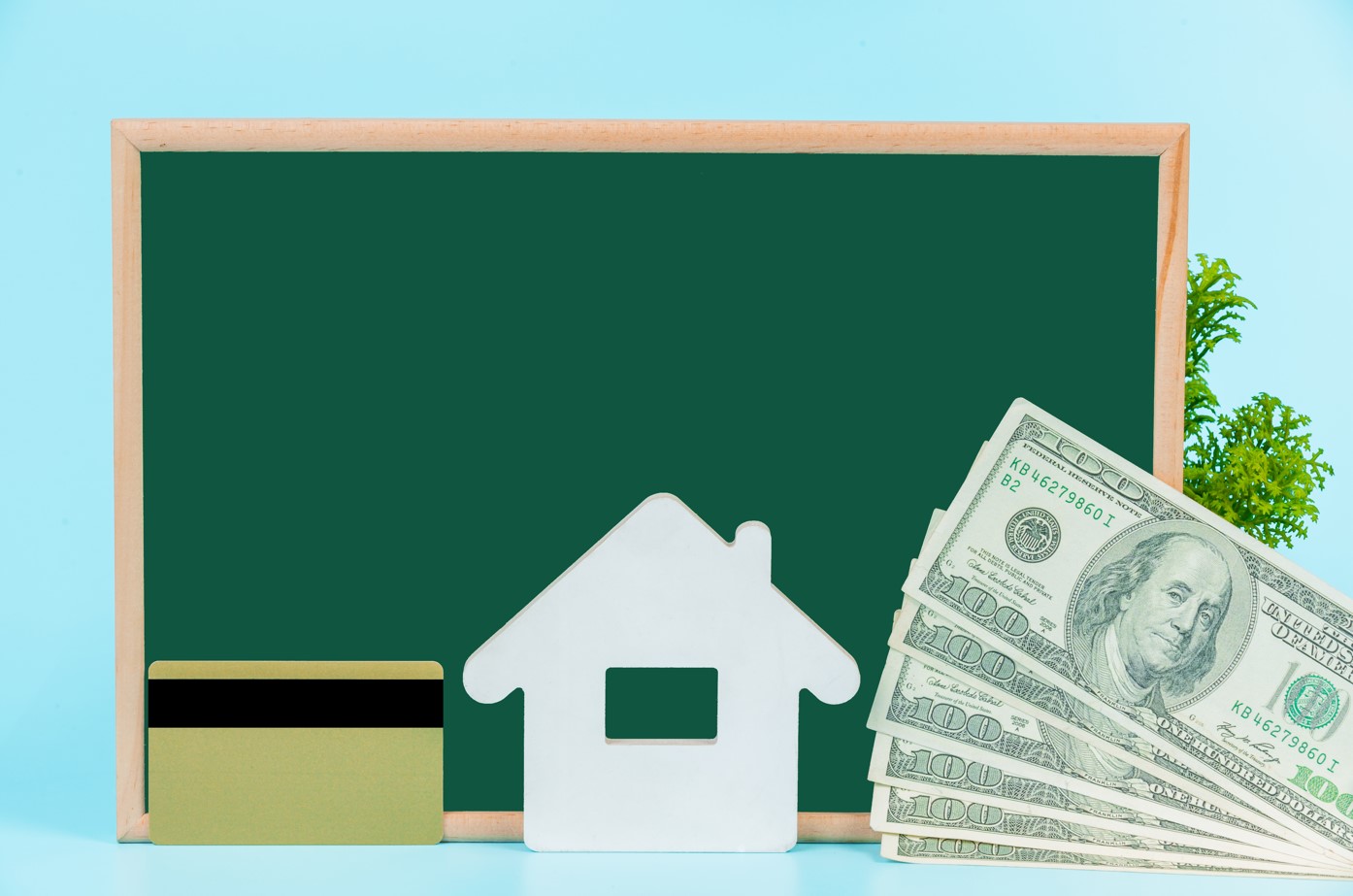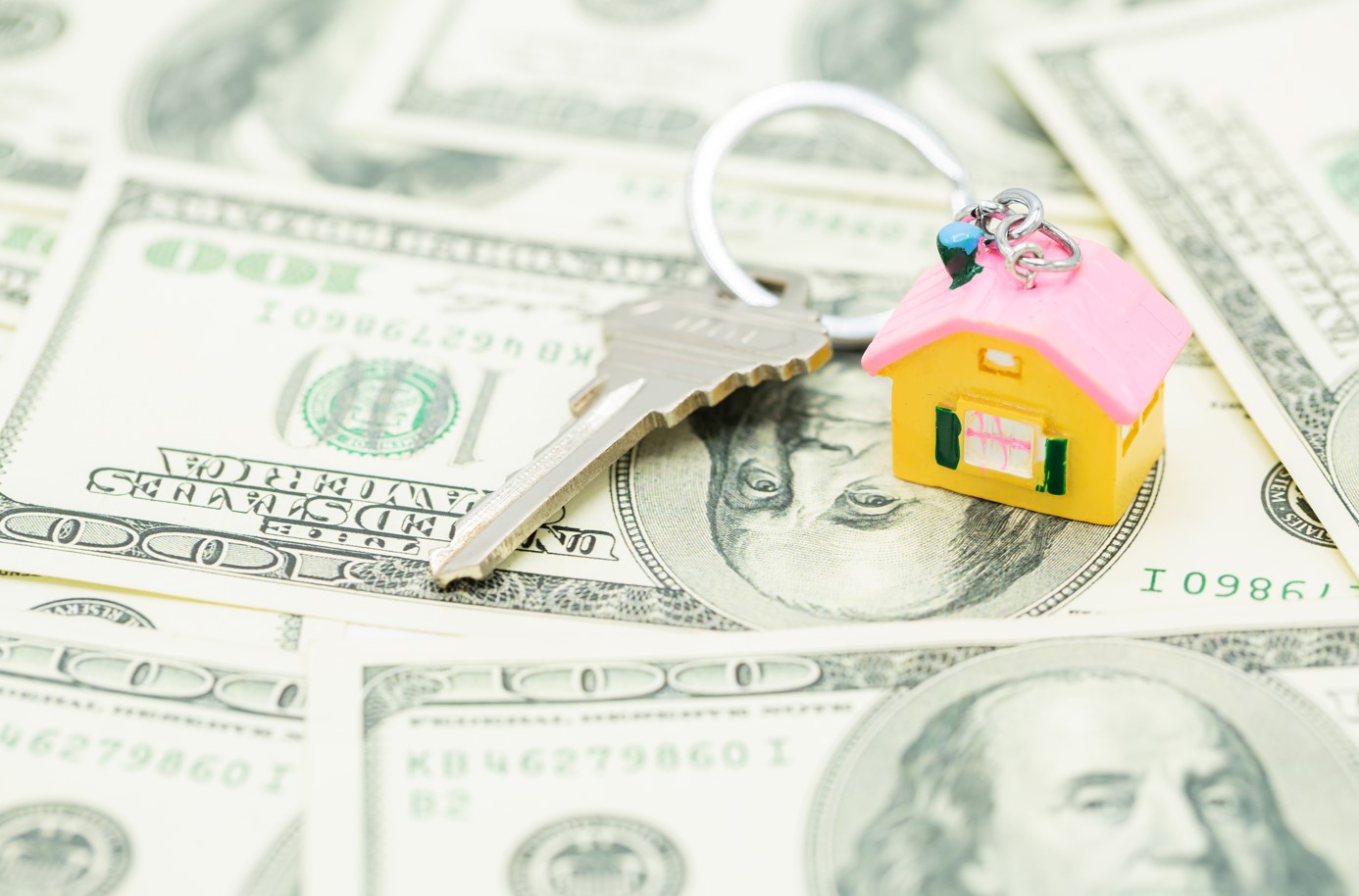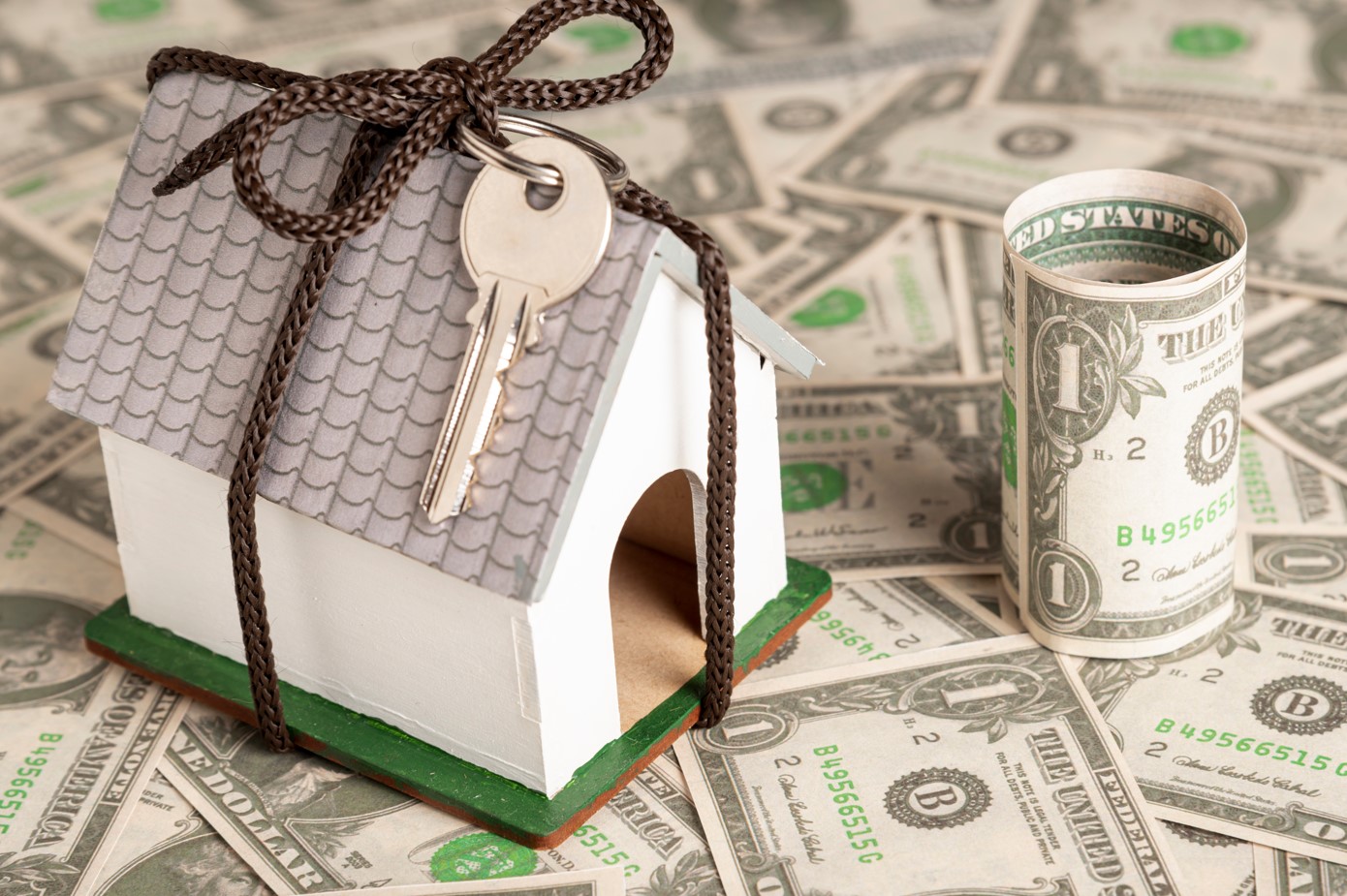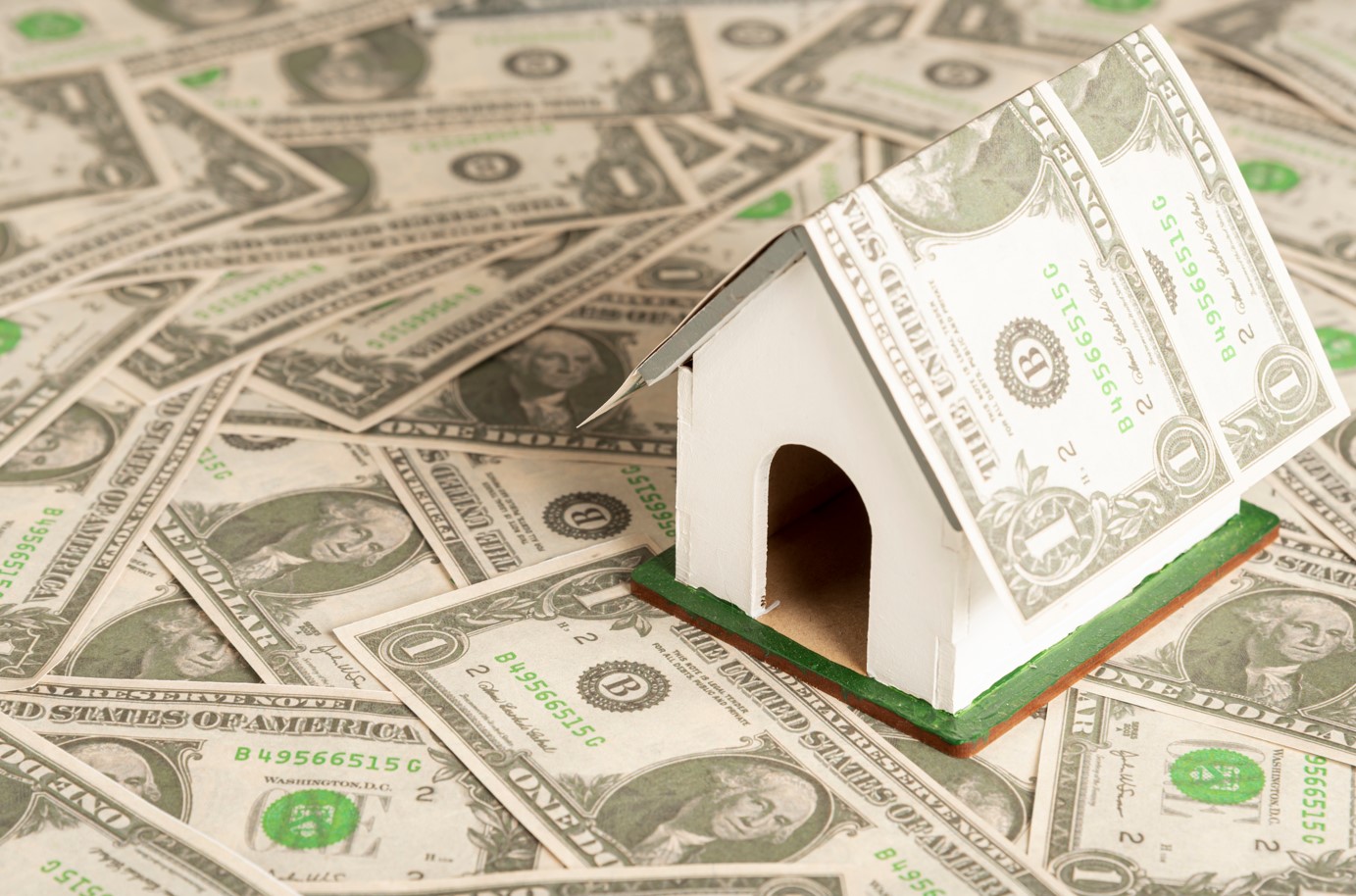Things To Know About Your Mortgage When Selling Your House
A mortgage is a loan that aids in financing the purchase of your house. Many people purchase houses with a mortgage because it is the most helpful thing for them to acquire a house quickly.
Therefore, people buy houses through loans, and a mortgage is one of the most practiced methods because taking out a mortgage means agreeing to repay the loan over 15 to 30 years.
It is evident from the U.S. census that there are 64.8 percent mortgages on houses, overall, in the country. With rising real estate costs and sudden changes in circumstances, most buyers require a mortgage to purchase a house, allowing them to buy houses easily and without any worries. However, when they decide to sell their house, how the mortgage will affect the transaction is often considered. In actuality, some homeowners do not sell until they have paid their mortgages in full.
But, sellers occasionally sell their houses for several other reasons; they might have to relocate or have suffered a job loss. Regardless of the reason, if you find yourself in this situation, you might wonder what happens to your mortgage once you sell your house.
For every seller who wants to sell their house with a mortgage, this is a big concern; there are many things related to selling a house with a mortgage. Therefore, it is necessary to know certain things beforehand.
When you sell your house with a mortgage, don’t forget that the mortgage company will ask for the borrowed amount as soon as possible. Therefore, the mortgage company will be less likely to pursue you for the outstanding balance of your loan if you can sell your house fast.
So, when you sell your house before paying the mortgage in full, you will likely have to repay any borrowed money against that property. On that note, you may owe taxes and other charges related to the sale, so it becomes vital to consider everything when planning the sale.
Generally, mortgage lenders require homeowners to repay any borrowed money on a new mortgage if they sell their house before paying off the loan; they will have to pay the interest principal and any additional fees.
In short, it is vital to consult the lender if you plan to sell your house soon; this is how you will understand the specific policies surrounding this matter.
Mortgage lenders are generally willing to work with homeowners who are selling their houses, however, there are some things to keep in mind before selling; for example, if you have a fixed-rate mortgage, your lender may require that you stay in your house for at least six months after selling it to avoid a penalty.
If you sell your house before paying it off, the new owner may be required to pay off the entire mortgage balance – even if the previous owner used only part of it.
Generally speaking, as soon as you sell your house, you’ll transfer the mortgage to the new homeowner, who will then repay you.
In other words, if you have a current mortgage on your house, the lender may urge the new owner to pay off any unpaid debt; for instance, the lender may offer to renegotiate your loan terms to ensure you continue making repayments.
Mortgage Discharge
When you take out a mortgage to buy a house, your lender registers an interest in the property. This interest is recorded on the property title and can impact your ability to sell if you decide to do so.
If you ever need to sell, you must repay your mortgage, since the lender won’t be able to use your property anymore as collateral. Consider a way to discharge the mortgage by repaying the loan.
Mortgage discharge is a legal process by which homeowners can release their property title from the lender’s interest, occurring after the settlement period (approximately three months after the foreclosure sale).
For this to go smoothly, you must submit a signed mortgage form to your lender along with all the associated documents. Again, the settlement period lasts about three months, in which time your conveyancer, or lawyer, will coordinate a settlement directly with your lender. The lender will then notify the appropriate Land Titles office of your mortgage discharge, and the lender’s stake will no longer appear on the deed.
In short, a mortgage discharge allows homeowners to remove the mortgage debt from their property; a process that often involves fully repaying the mortgage.
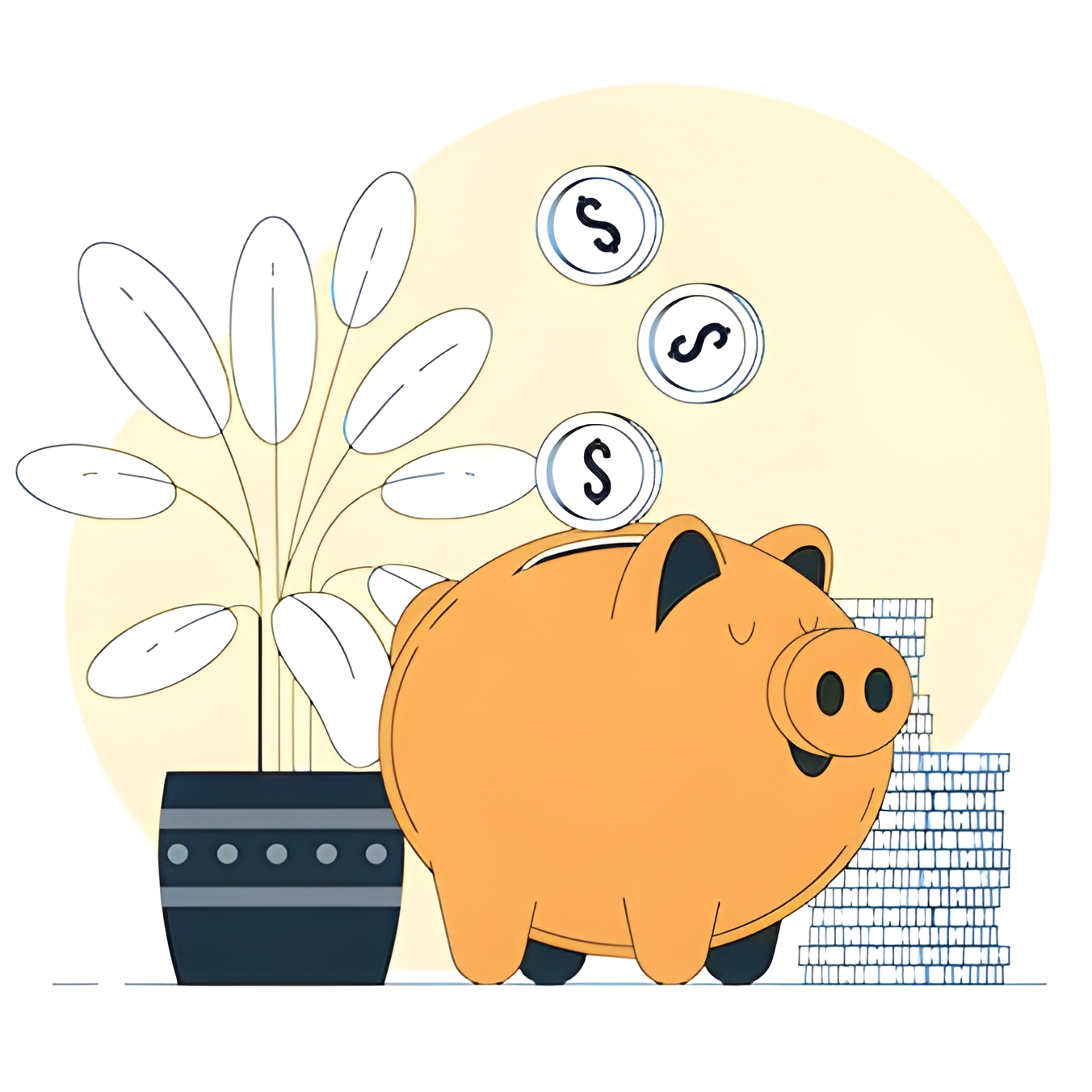
What Happens if the Sale Price Does Not Cover the Mortgage?
If you sell your house for less than the outstanding mortgage balance, the loan lender may require you to pay them back, out of pocket, with interest and fees; meaning, even if you have made all your mortgage payments up to this point, you could still, technically, be in debt after selling your house.
Mortgage in a Conventional Sale
In a conventional sale, your mortgage will be paid off in full by the proceeds of the sale. This means you will no longer have any obligations to the lender, and you’ll be free and clear of your mortgage debt. Furthermore, if you have any equity in your house, the lender will pay the remaining balance in cash.
Mortgage in a Short Sale:
You may consider selling through a short sale if you cannot pay your mortgage. With a short sale, the mortgage holder’s lender agrees to let them sell their house for less than what is outstanding on the loan. Once the house sells, the proceeds go toward paying off the mortgage.
It’s important to remember that, before proceeding with the transaction, you must obtain your lender’s consent, which frequently causes a significant slowdown in the procedure.
Though a short sale might damage your credit score, some people consider it better than foreclosure; if you think you will have to face foreclosure, selling your house through a short sale is a better option. Therefore, this is one of the methods you can adopt if you hurting for money.

How is a House Sold Without a Mortgage?
Selling a house is a big decision. Whether good or bad, depending on your current financial situation (i.e., whether you’ve been struggling to make payments), you’ll receive the entire property value on settlement day.
Alternatively, if you have been able to pay off your mortgage, this could mean receiving funds immediately that could be used to improve your current situation. This is favorable because you can pay off loans, and the costs associated with the sale process, without dealing with the stress and hassles.
What if the Property Devalues?
Admittedly, there are rare situations where your property might sell for less than its value. In such a case, this can be worrisome; negative equity won’t allow you to pay your mortgage and other expenses like closing costs.
Negative equity is when your house’s value is less than what you still owe on your mortgage. Before approving a sale, the bank may require you to pay off your mortgage in full, which can be a significant financial burden if you cannot do it quickly.
Exceptions to this rule include people who have defaulted on their mortgage for more than six months, or whose property’s value has decreased by more than 20% since the last appraisal. In these circumstances, the bank may be willing to let you sell with a lower balance owed on your mortgage.
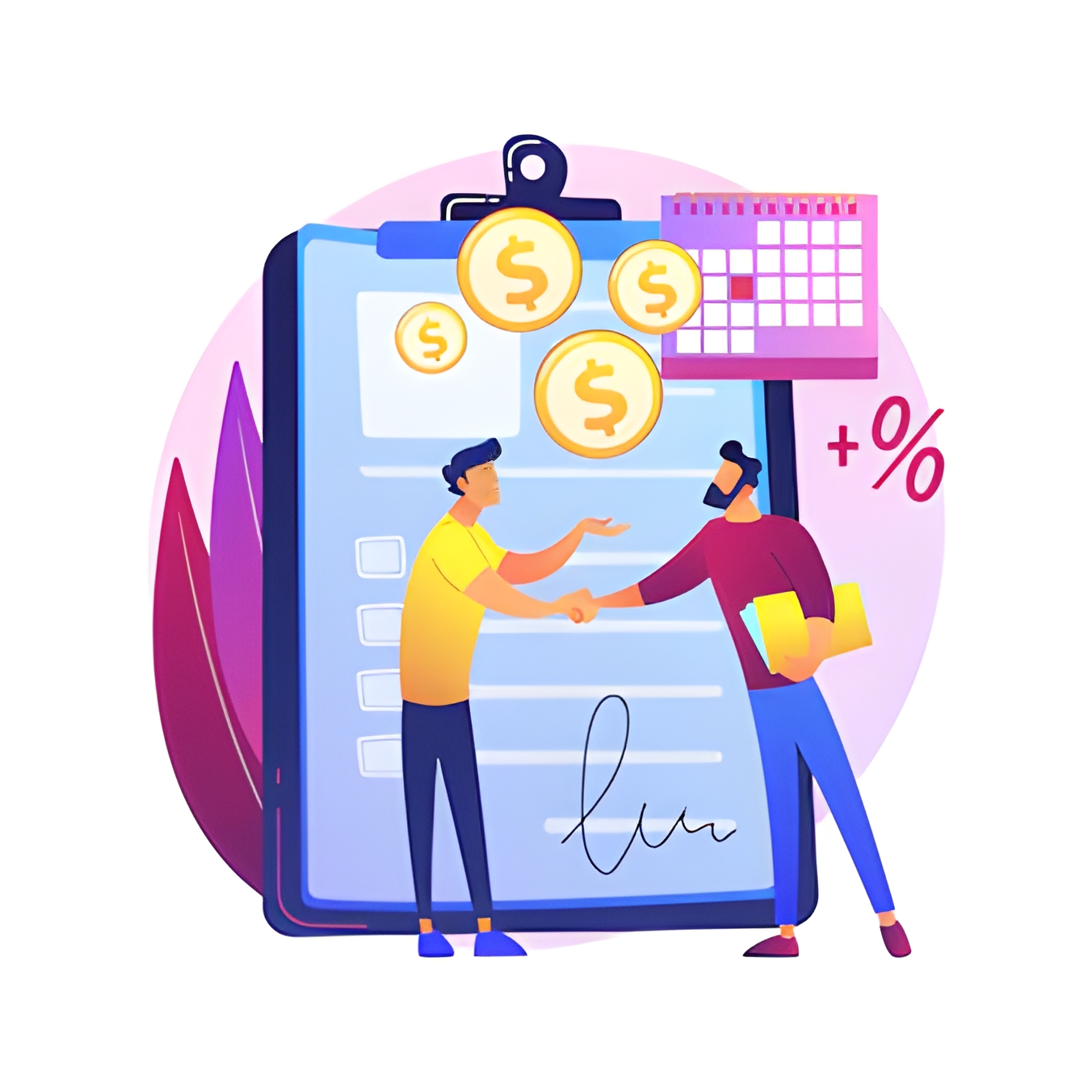
How to Avoid Negative Equity?
When the sale price of your house fails to cover your mortgage, you face negative equity. There are a few approaches to stop this;
Make sure the sale is at an above-market value. If it’s not, you may have to pay back some of the proceeds to the mortgage company.
Pay down as much of your mortgage as possible by making extra payments. Doing this will lower your overall debt and help improve your equity position.
Consider refinancing. Doing this will reset your interest rates and could result in a larger payment that would reduce, or even eliminate, your negative equity position.
Conclusion:
Before receiving a loan modification, or foreclosure prevention, mortgage lenders typically require homeowners to sell their houses.
However, some lenders might be open to working with homeowners who are having some trouble making ends meet and are considering selling their houses. Working with a real estate agent who understands these issues will help navigate them without causing too much stress or hassle.
You can take a few steps to raise your chances of selling your house, getting a mortgage modification, or avoiding foreclosure:
Making sure you have updated all of your loan information with the bank; including updated income, expenses, and credit scores.
Trying to sell your house at a reasonable price and not letting it sit on the market for too long, because you may lose out on potential buyers. In other words, the house sells fast when you set the right price.
Speaking with real estate agents who can connect you with potential buyers and negotiate the best deal for your house.
If you remain in a situation where you don’t know what to do, you may contact our friendly team today if you’re ready to experience the benefits of a hassle-free home sale. At Selling.House, we’re here to answer your questions, provide a fair cash offer, and help you get your money quickly.
Choose a straightforward and efficient path to selling your house – choose Selling.House and experience the ease and reliability of a cash home buyer.



